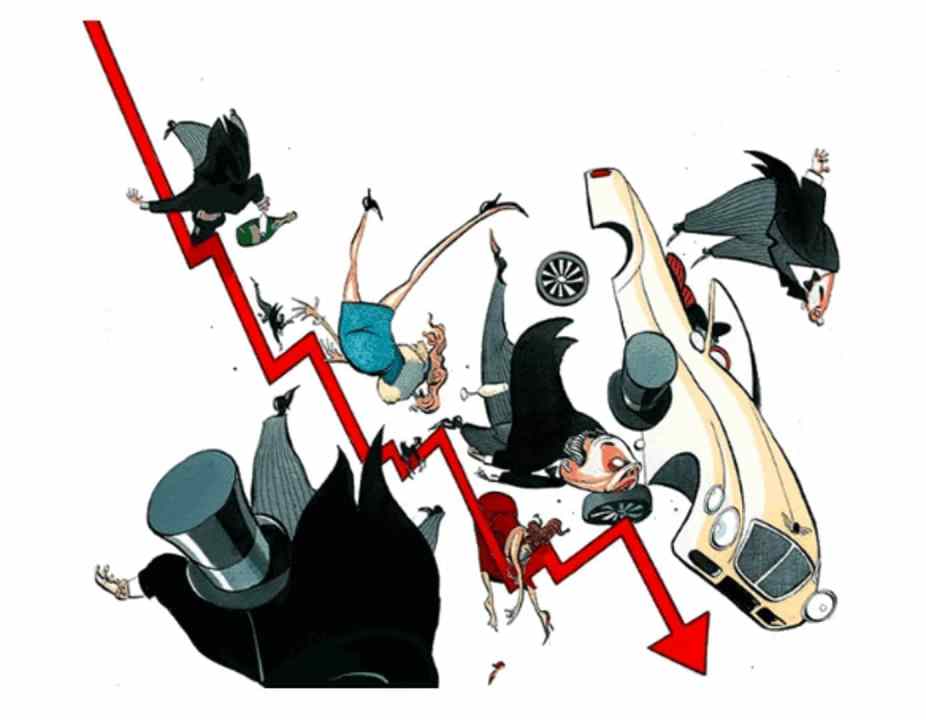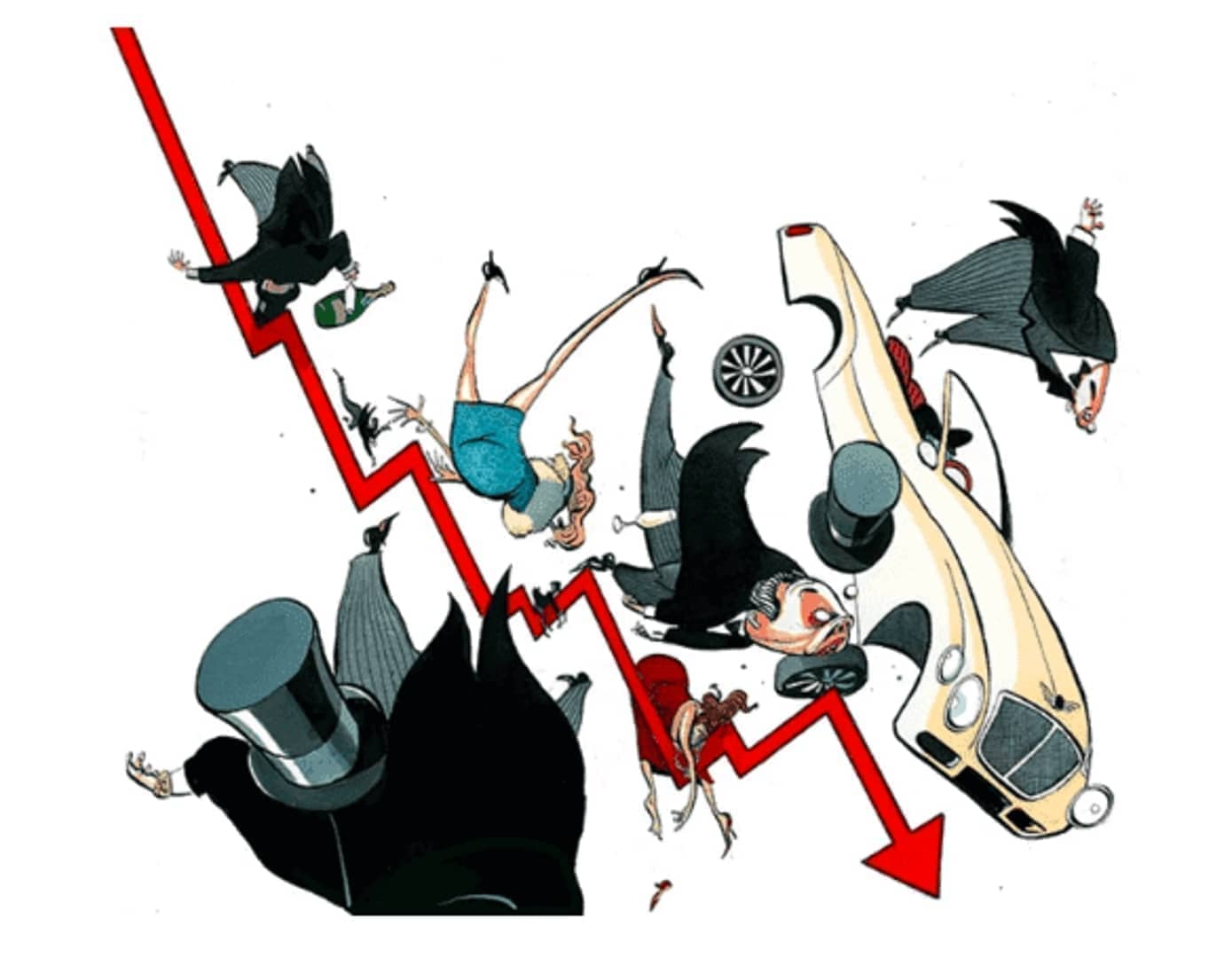As the Tory leadership contest rumbles on, questions are being fired at Liz Truss and Rishi Sunak about what they’ll do to tackle the economic crisis facing Britain. The Foreign Secretary has promised to suspend green levies and Sunak said he would axe VAT on household energy – something he had ruled out as chancellor. But there are mounting fears neither of these strategies will go far enough to help a public facing the devastating combination of rising bills and soaring inflation.
Analysis published today by the National Institute of Economic and Social Research think-tank paints a stark economic picture, warning of soaring inflation – forecast to hit 11 per cent in Q4 of this year, broadly in line with the Bank of England’s most recent forecast – and a long recession lasting into next year. RPI – which sets interest payments on index-linked bonds, student loans and some pensions, mobile bills and rail fares – is predicted to peak at almost 18 per cent.
People on average incomes could find themselves on the breadline simply by paying to live
Britain is expected to fall into a recession, according to Stephen Millard, deputy director of NIESR, as the economy shrinks between the end of this year and the beginning of next. The think-tank also warned that soaring energy prices could wipe out families’ savings: 5.3 million households are set to be left with no savings by 2024, while a further 1.7 million will be left with savings worth less than two months’ income.
Equally bleak is the prediction that average incomes will fall by around 2.5 per cent next year, leaving workers with no choice but to use savings – or fall into debt – to pay for food and heating. This trend is set to continue past 2026, with real household incomes around 7 per cent below their pre-Covid trend, once inflation is taken into account. In other words, people on average incomes could find themselves on the breadline simply by paying to live.
NIESR predicts that unemployment will reach 5 per cent over the next 12 months while growth slows and inflation soars: a recipe for stagflation. Stephen Millard, deputy director at NIESR, said of the findings: ‘The tax burden has gone up over this period. That partly explains the fall in real personal disposable incomes. We think this hit will be permanent.’ Millard also urged the government not to ‘risk a trade war with your largest trading partner during a cost-of-living crisis’ over changes to the Northern Ireland Protocol.
Whichever candidate wins will be taking office as the country suffers and millions are pushed into poverty: a place no newly crowned leader wants to be. More ideas will need to be formulated – and quickly – to stop the coming tidal wave of economic devastation about to hit Britain. The pain felt so far is just the tip of the iceberg.








Comments